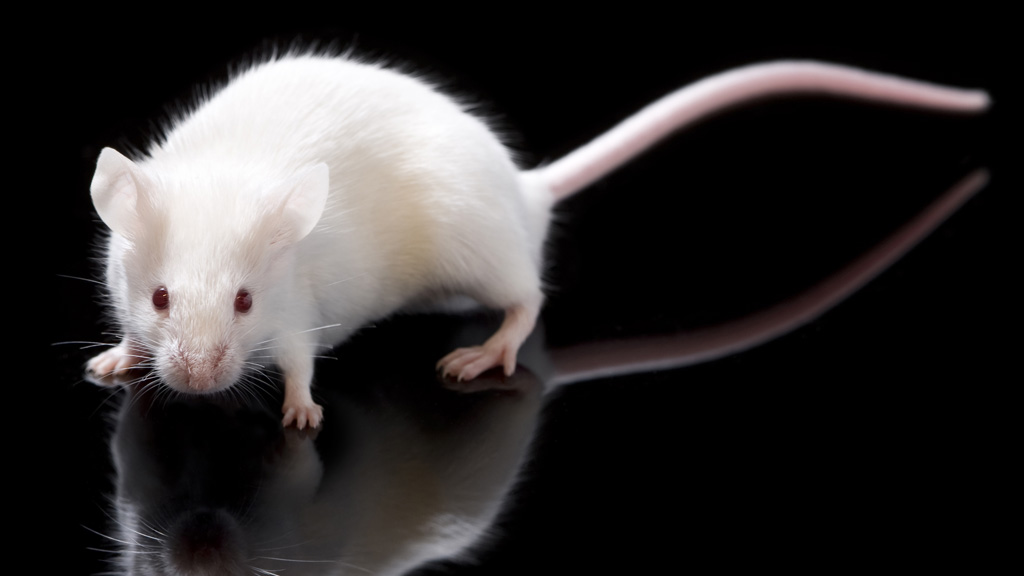Stem cells: of mice and women?
News that manufactured stem cells have been successfully turned into eggs that can be fertilised to produce healthy mice has sent ripples of excitement through the scientific world, writes Asha Tanna.

And rightly so: stem-cell scientists have derived many types of cells from stem-cell precursors, but have in the past struggled with sex cells. The research by a team at Kyoto University provides a powerful model into mammalian development and infertility, but it is still a long way off from being used in human therapy.
Despite this fact, it did not stop the headlines in some of today’s press screaming that infertile women could one day become pregnant by creating eggs from stem cells.
Evelyn Telfer, a reproductive biologist at the University of Edinburgh, told me this study has no clinical application to humans whatsoever because the tissue used in this study were all foetal and not adult cells.
Mitinori Saitou led a team using foetal mouse tissue from embryos or skin cells to create stem cells. Those stem cells were then genetically reprogrammed to become germ cells – egg precursor cells.
Great leap forward
These were then given a cocktail of “factors” to support their growth into mature eggs. The eggs were fertilised by IVF in the lab and then implanted into surrogate mice. Three baby mice were born and grew into fertile adults.
The fact that artificially manufactured eggs have gone on to produce healthy mice which are fertile is absolutely astounding and a great step forward for science. The results are published in the journal, Science.
Huge differences
But there are huge differences between human and mouse cells, not to mention the medical and ethical issues surrounding human ovarian tissue to culture cells.
Further clinical trials would be necessary using adult mouse cells first before we can start projecting that we can manufacture babies, and scientists need to learn so much more about how women form eggs.
So while this is major contribution to the field of reproductive biology, the study is not a ready-made cure for women with fertility problems.
-
Latest news
-
As India goes to the polls in the world’s largest election – what do British-Indians think?6m

-
Tees Valley: Meet the candidates in one of the biggest contests coming up in May’s local elections4m

-
Keir Starmer says public sector reform will be a struggle7m

-
Nicola Sturgeon’s husband Peter Murrell charged with embezzlement of funds from SNP1m

-
Ukraine might finally get $60billion in American weapons and assistance to defend against Russia3m

-




